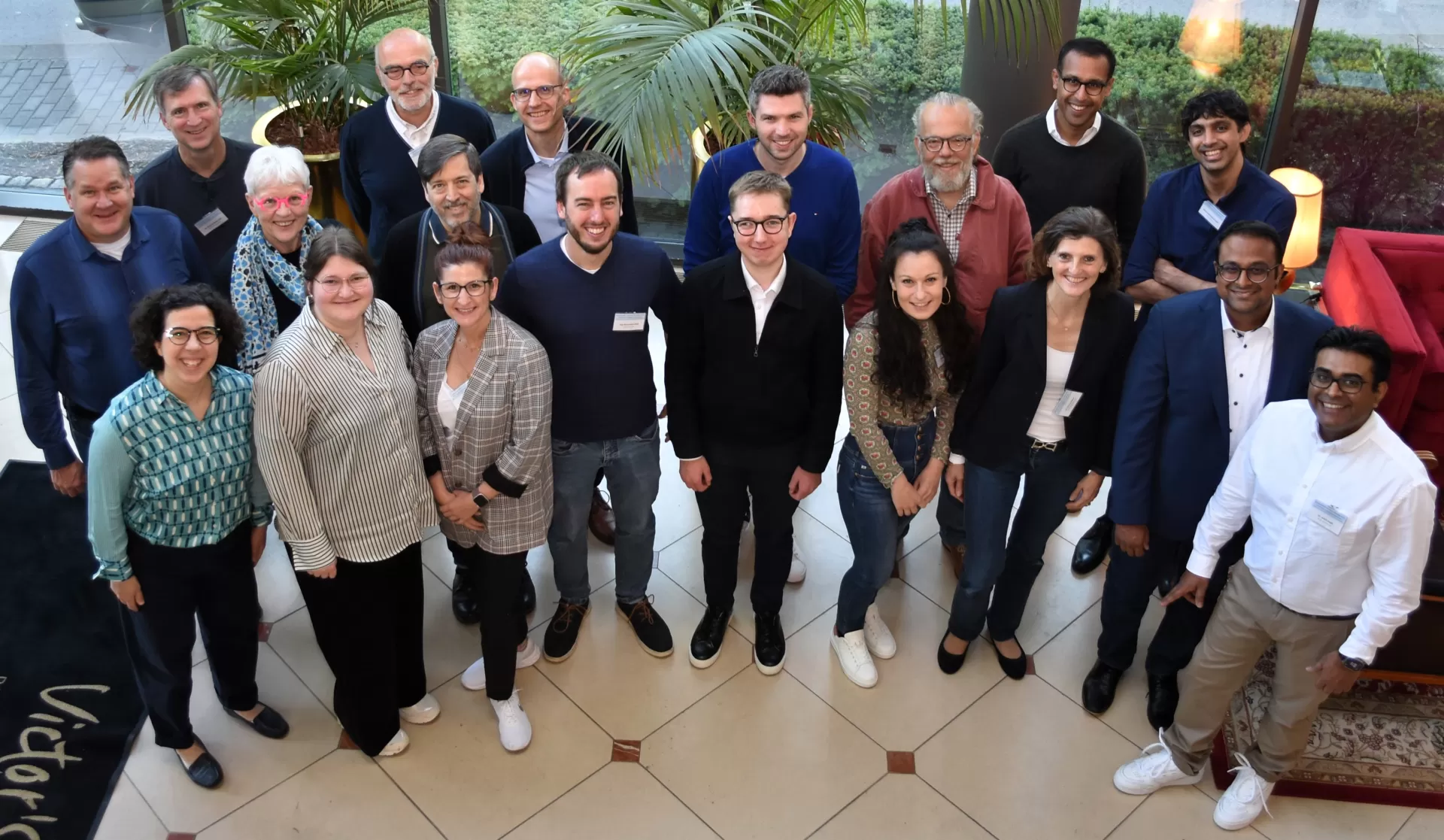
The future of pediatric cancer care: smart, personalized, and at home
An international and interdisciplinary team met in Saarbrücken to develop an AI-based monitoring system for children with cancer. The Sandpit workshop, funded by the Wübben Stiftung Wissenschaft, was led by Dominik Schöndorf from Saarland University Hospital.
The participants designed a modular concept for a home monitoring system. The goal is to detect medical needs at an early stage and to improve both the quality of treatment and the lives of families. The system is intended to use data, artificial intelligence, and machine learning to connect the children’s home environment with clinical expertise and to identify early warning signs such as changes in vital signs, behavior, or environmental factors.
The teams developed initial prototypes for a patient-centered disease management application. This interactive platform is envisioned to include modules tailored to both clinicians and patients. The modules offer an overview of the therapy plan, medication details, medical records, and activities that support physical and emotional well-being. All groups emphasized the added value of personalized messages to support treatment adherence.
The outcomes of the workshop “Turning Homes into Smart Oncology Clinics: The Future of Pediatric Cancer Care” provide a solid foundation for further development of AI-based support in pediatric oncology. The workshop followed a transdisciplinary approach and involved experts from various fields, including patient advocates, clinicians, AI and data systems specialists, regulatory professionals, psychologists, and economic experts. The results of the workshop will now be carried forward into a pilot initiative.
The idea behind the funding format: Inviting researchers and relevant stakeholders to work outside their comfort zone in unconventional constellations in order to generate unorthodox ideas for projects and solutions that set out to tackle highly relevant challenges in today’s society.